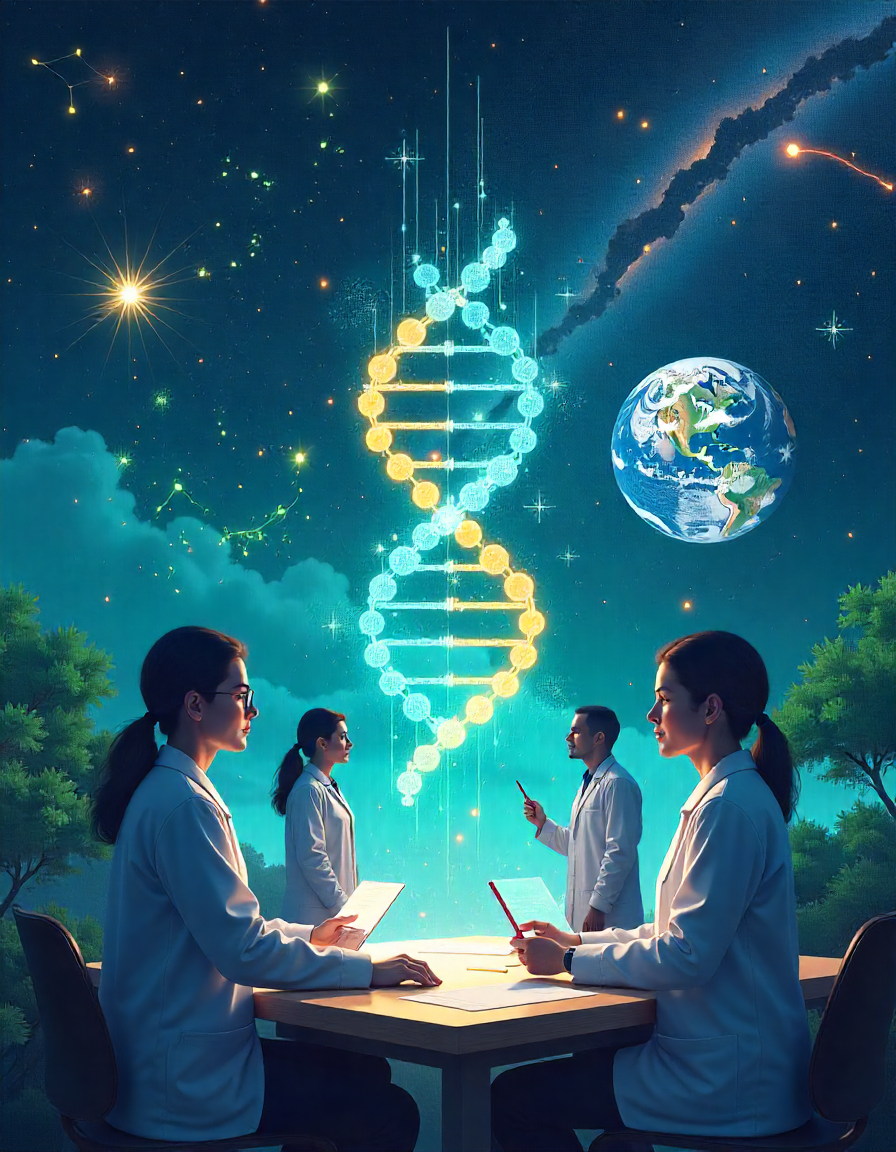The year 2025 marks a turning point in the technology world, where groundbreaking advancements are reshaping how we live, work, and connect. From the quiet hum of quantum computers to the solar panels powering smart cities, this year’s innovations blend cutting-edge science with a growing focus on sustainability. This article delves into the key trends driving the tech scene, offering a glimpse into their potential and practical ways to engage with them. Whether you’re a curious observer or a forward-thinking innovator, these developments hold promise for a future that’s both exciting and responsible.
Quantum Computing Comes of Age
Quantum computing is no longer just a theoretical dream—it’s stepping into the spotlight in 2025. Companies like IBM and Google have made strides, with machines now solving complex problems in minutes that would take traditional systems years. This leap forward is transforming fields like cryptography, where unbreakable codes are being tested, and drug discovery, where molecular simulations are accelerating new treatments.
In Tokyo, a research team recently used a quantum processor to optimize traffic flow, cutting congestion by 15%. The technology relies on qubits, which use quantum states to process vast amounts of data simultaneously. However, the high cost and need for specialized environments—like near-absolute-zero temperatures—mean it’s still out of reach for most. For now, industries like finance and healthcare are the early adopters, using it to model risk or design personalized medicine.
For enthusiasts, keeping an eye on open-source quantum projects or attending tech expos can offer a front-row seat to this revolution. Businesses might consider partnering with research hubs to explore applications, though the focus remains on long-term investment rather than quick wins.
Artificial Intelligence at the Core
Artificial intelligence (AI) has woven itself into the fabric of daily life by 2025, powering everything from virtual assistants to supply chain logistics. With 62% of businesses now integrating AI, according to industry reports, its ability to analyze data and predict trends is unmatched. A bakery in Seattle, for instance, uses AI to forecast demand, reducing food waste by 20% while keeping shelves stocked.
The latest AI models are getting smarter, learning from diverse datasets to offer tailored experiences. Think of a fitness app that adjusts workouts based on your mood or a car that suggests routes based on traffic and weather. Yet, this growth raises concerns about data privacy, with regulators pushing for clearer guidelines on how information is handled.
For individuals, experimenting with AI tools like language models or image generators can spark creativity. Companies should invest in training staff to leverage these systems, ensuring they enhance human effort rather than replace it. The key is balance—harnessing AI’s potential while safeguarding personal boundaries.
Edge Computing Powers Smart Cities
Edge computing is redefining connectivity in 2025, bringing data processing closer to where it’s needed. Unlike cloud systems that rely on distant servers, edge devices—like sensors in traffic lights or cameras in parks—handle tasks locally, reducing latency and energy use. This shift is the backbone of smart cities, where real-time decisions improve urban living.
In Singapore, edge technology monitors air quality, adjusting ventilation in public spaces instantly. The result? A 10% drop in pollution-related complaints. With 5G networks fully rolled out, these systems can manage everything from waste collection to emergency responses, making cities more efficient and responsive.
For residents, this might mean smarter home devices that sync with city grids. Developers and city planners can explore edge solutions to tackle local challenges, though the upfront cost of infrastructure remains a hurdle. The focus is on scalability, with pilot projects paving the way for broader adoption.
Renewable Energy Innovations
Sustainability is a driving force in tech, and 2025 sees renewable energy solutions taking center stage. Solar and wind power are being paired with breakthroughs like perovskite cells, which boost solar efficiency by 25% over traditional panels. In rural Australia, a community now runs entirely on a hybrid system combining wind turbines and battery storage, cutting reliance on fossil fuels.
Battery technology is also evolving, with solid-state options offering longer life and faster charging. A Swedish firm recently unveiled a car battery that charges in under 10 minutes, hinting at a greener transport future. These advancements are critical as global energy demand rises, pushing industries to rethink power sources.
For individuals, installing solar panels or supporting green startups can make a difference. Businesses might invest in renewable infrastructure or partner with energy innovators, though the initial investment requires careful planning. The payoff lies in long-term savings and a lighter environmental footprint.
The Ethical Frontier
As technology advances, ethical questions are gaining urgency. In 2025, debates around bias in AI, data security, and job displacement are front and center. A recent study found that 34% of workers fear automation will affect their roles, prompting calls for reskilling programs. Governments are stepping in, with the European Union rolling out stricter AI regulations to protect privacy.
On the positive side, tech is fostering inclusion. Voice-activated devices now support over 50 languages, breaking barriers for non-English speakers. Companies are also exploring carbon-neutral data centers, with one in Iceland powered entirely by geothermal energy.
For consumers, staying informed about tech policies and supporting ethical brands can shape the industry. Organizations should prioritize diversity in development teams and invest in training to ease workforce transitions. The challenge is navigating these issues while keeping innovation alive.
Looking Ahead: A Connected, Sustainable Future
The technology trends of 2025 paint a picture of a world where quantum leaps, AI insights, edge networks, and renewable power converge. Smart cities will thrive on real-time data, while ethical considerations will guide progress. The next few years will test how well these innovations balance efficiency with equity.
For the curious, attending tech summits or joining online forums can deepen understanding. Businesses might pilot quantum or edge projects, starting small to manage risks. As these trends unfold, the most successful players will be those who embrace change with a clear eye on its broader impact.
This journey isn’t just about gadgets or systems—it’s about building a future that works for everyone. From the quiet hum of a quantum lab to the buzz of a solar-powered street, 2025 is a year to watch technology redefine what’s possible.







